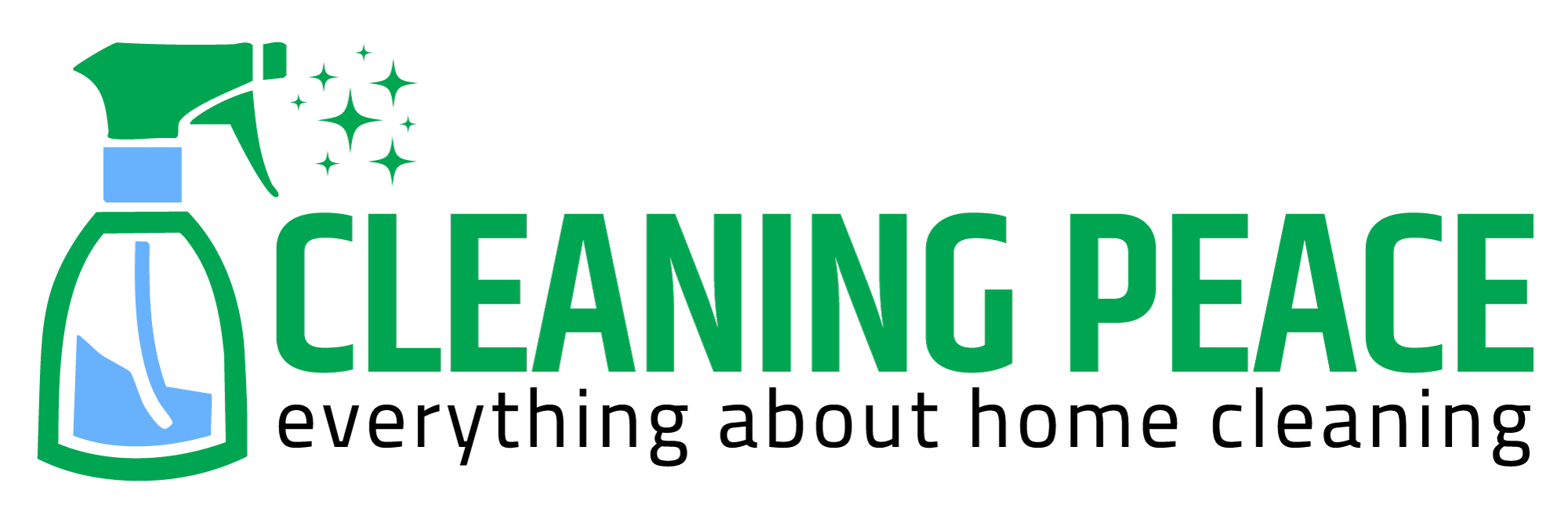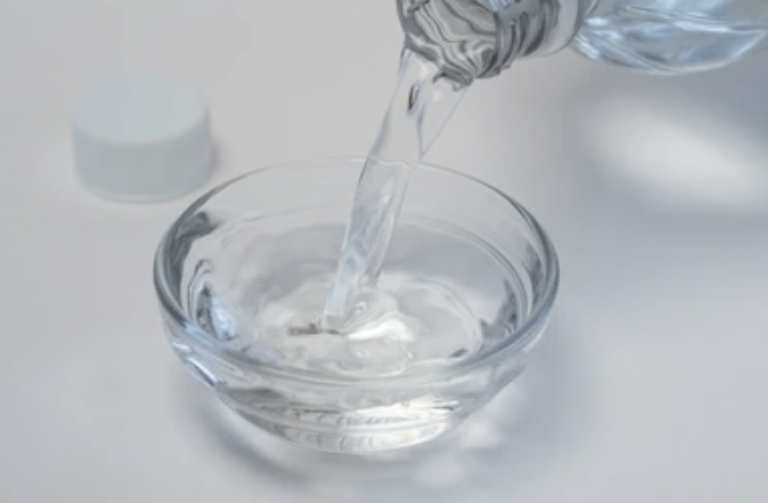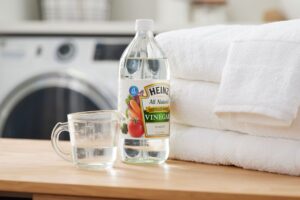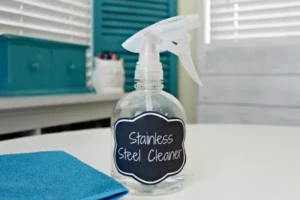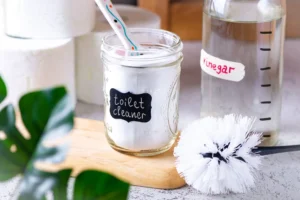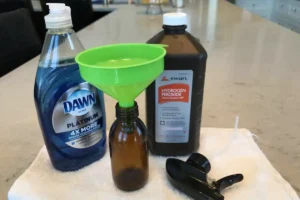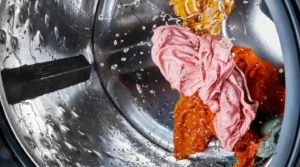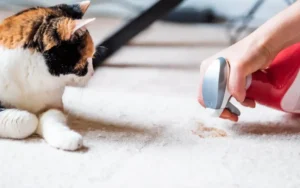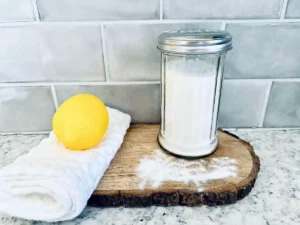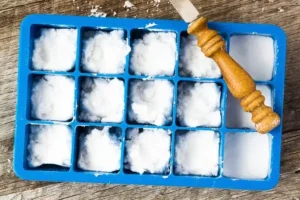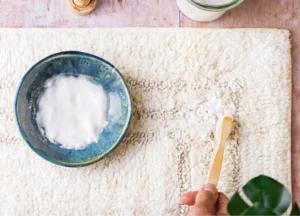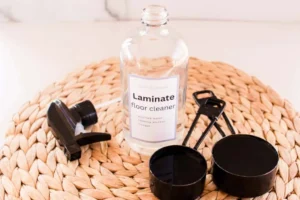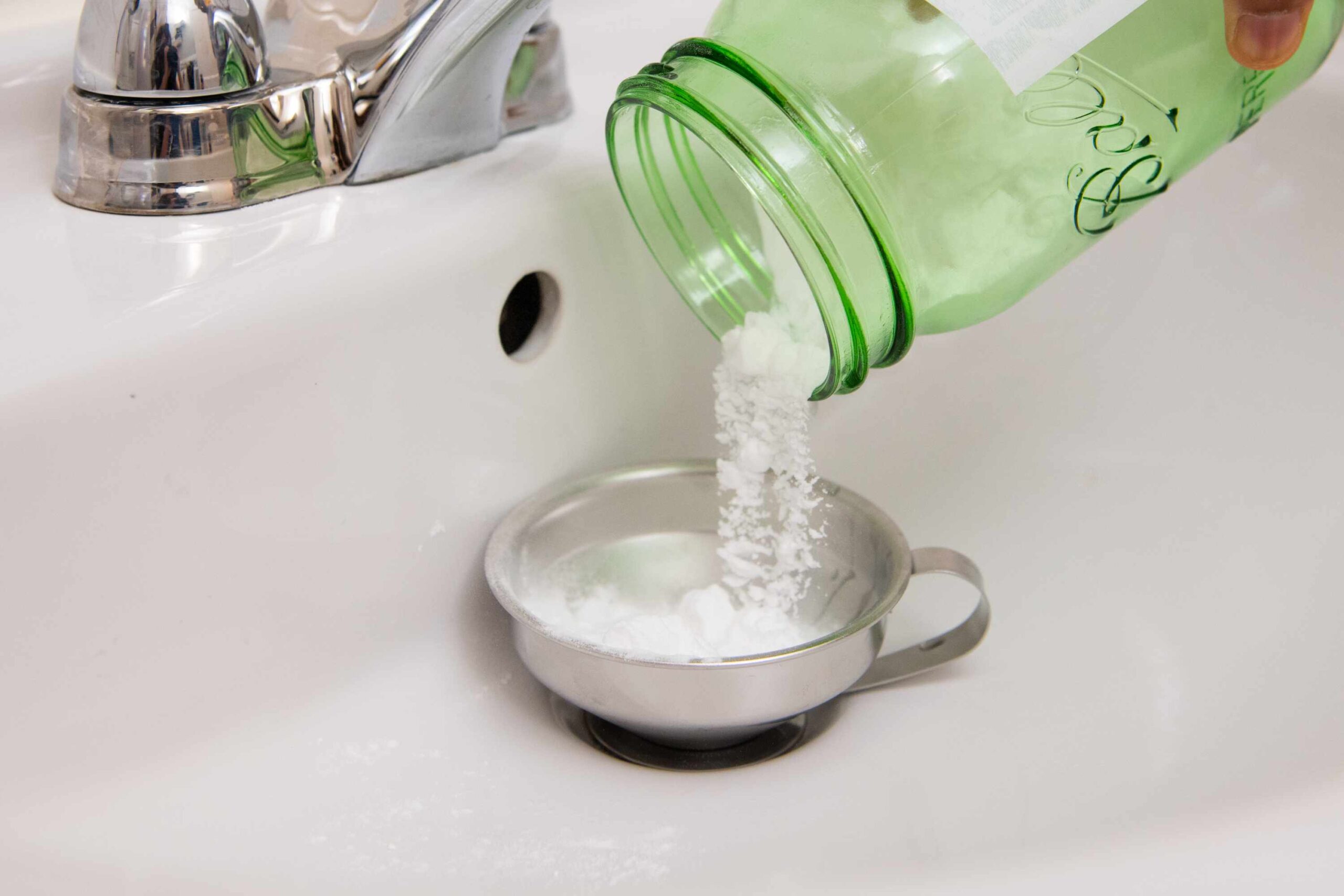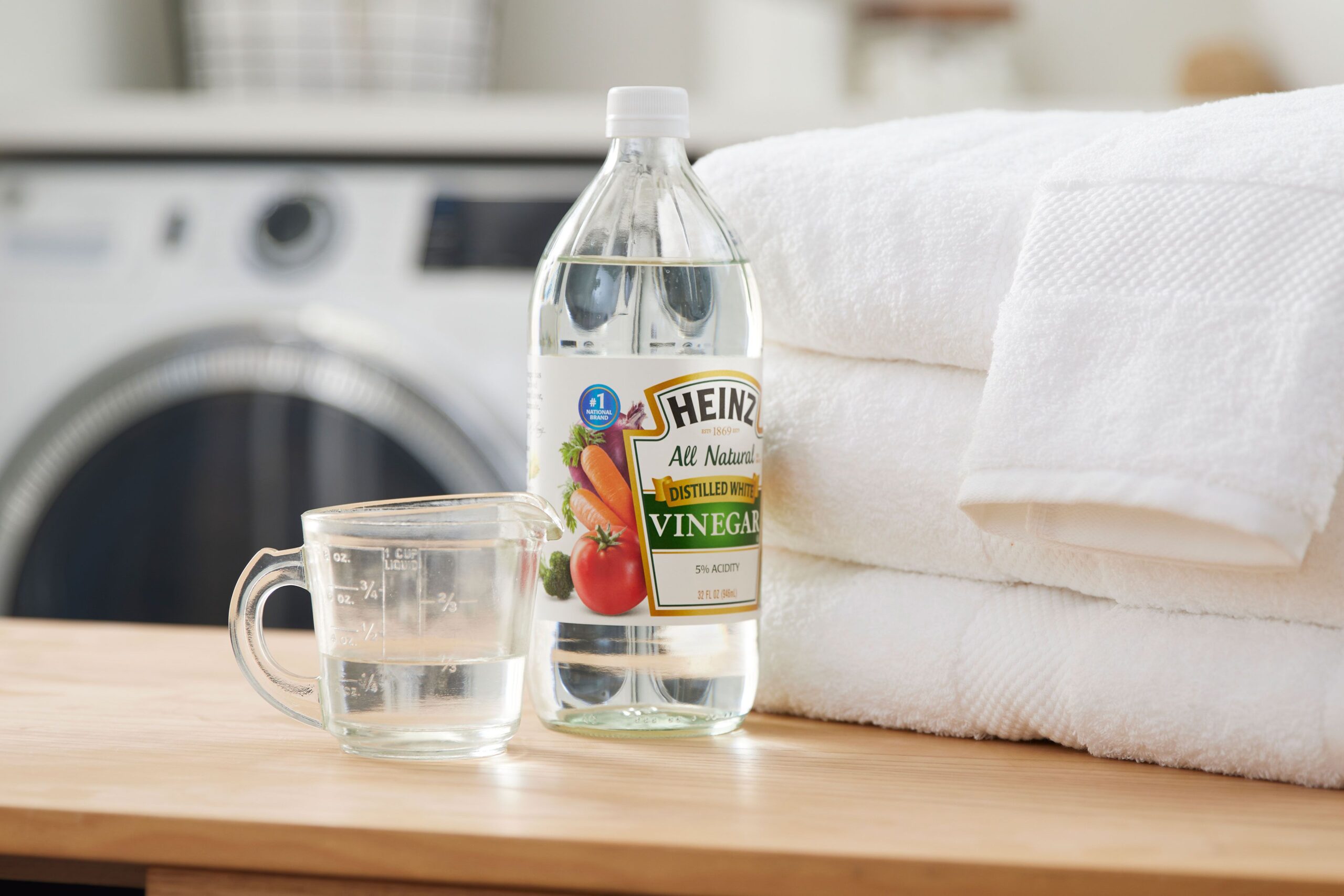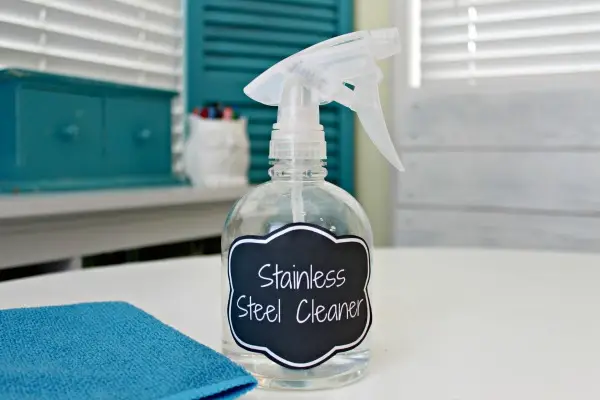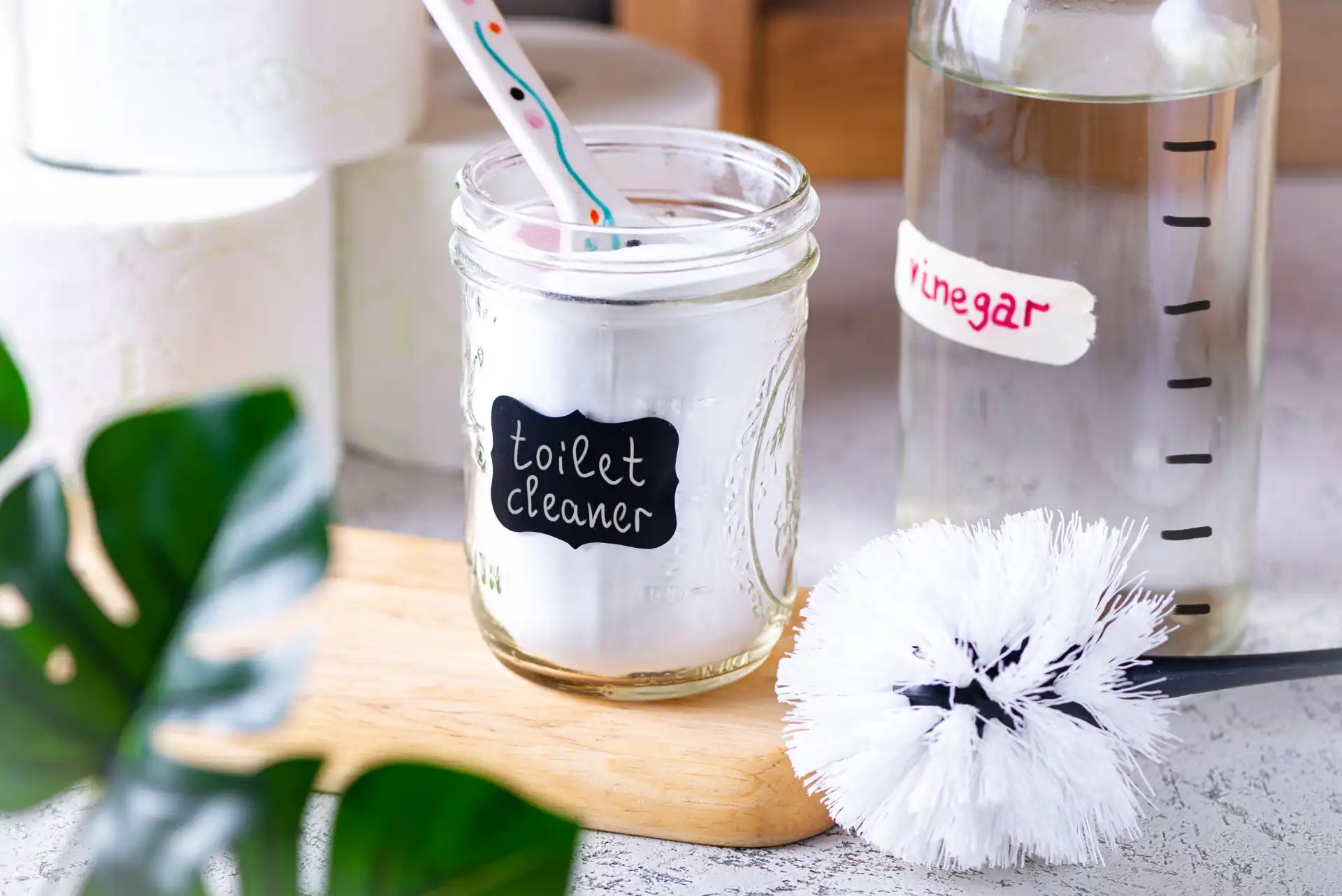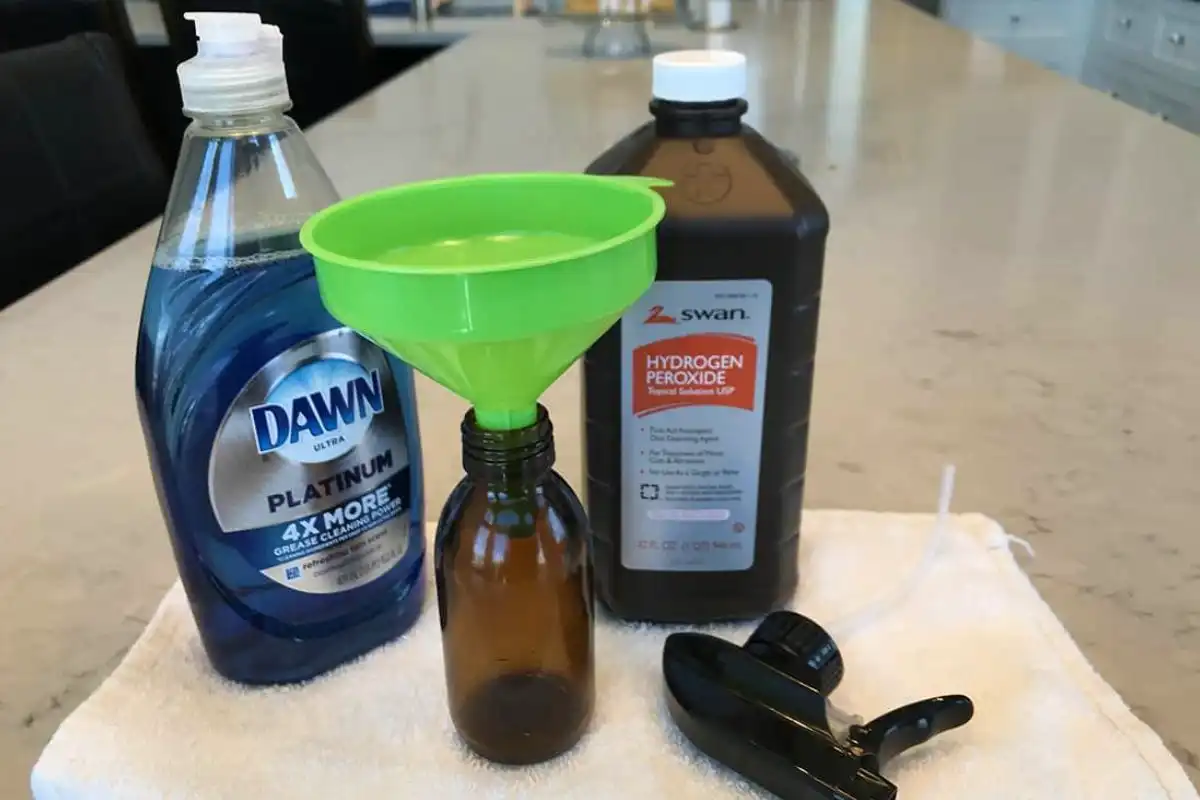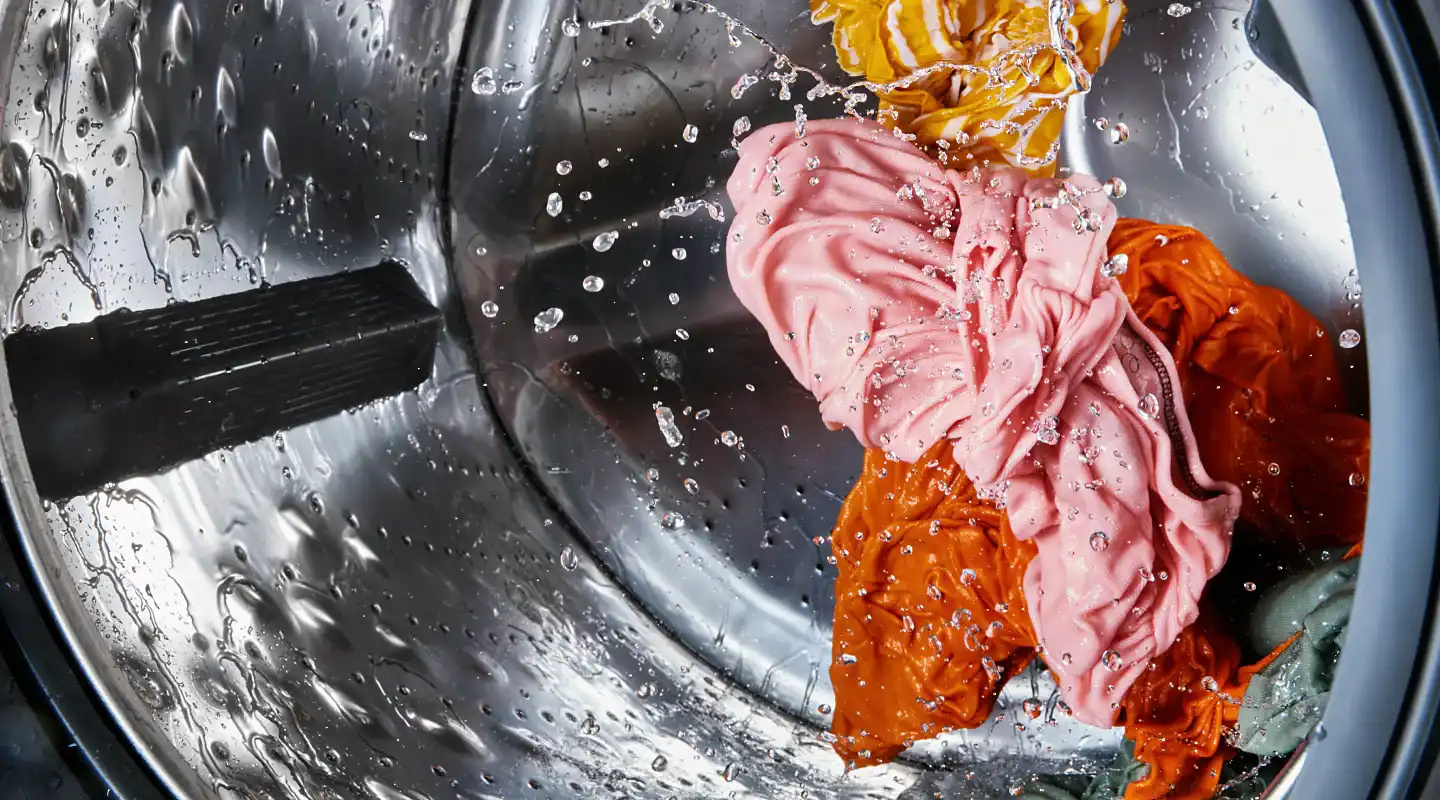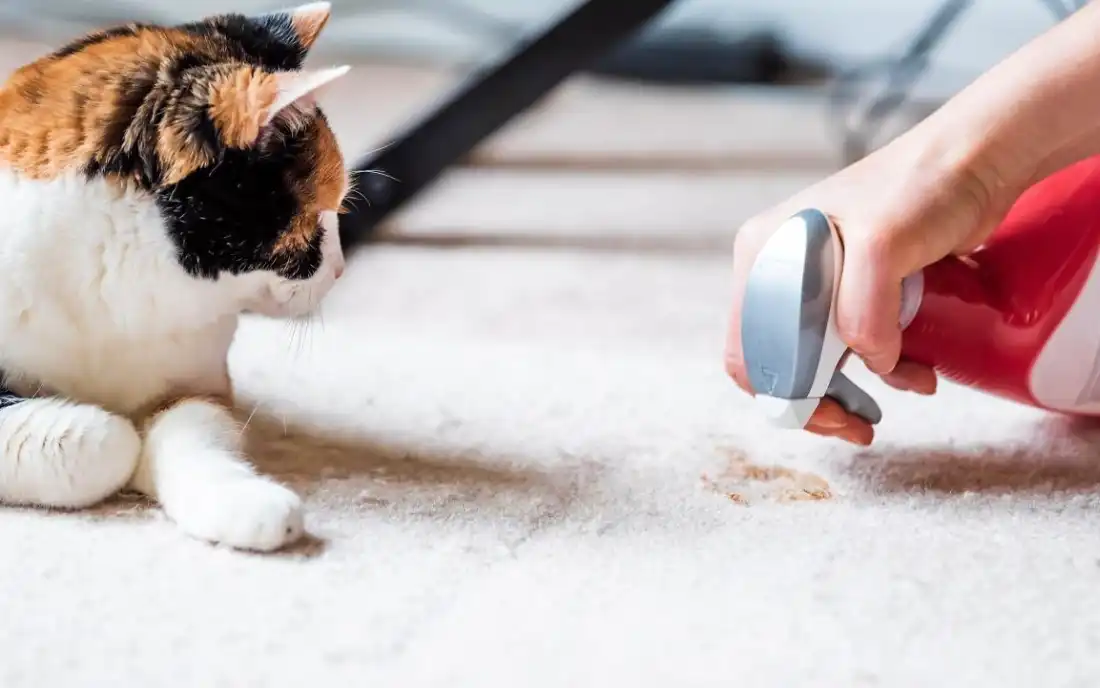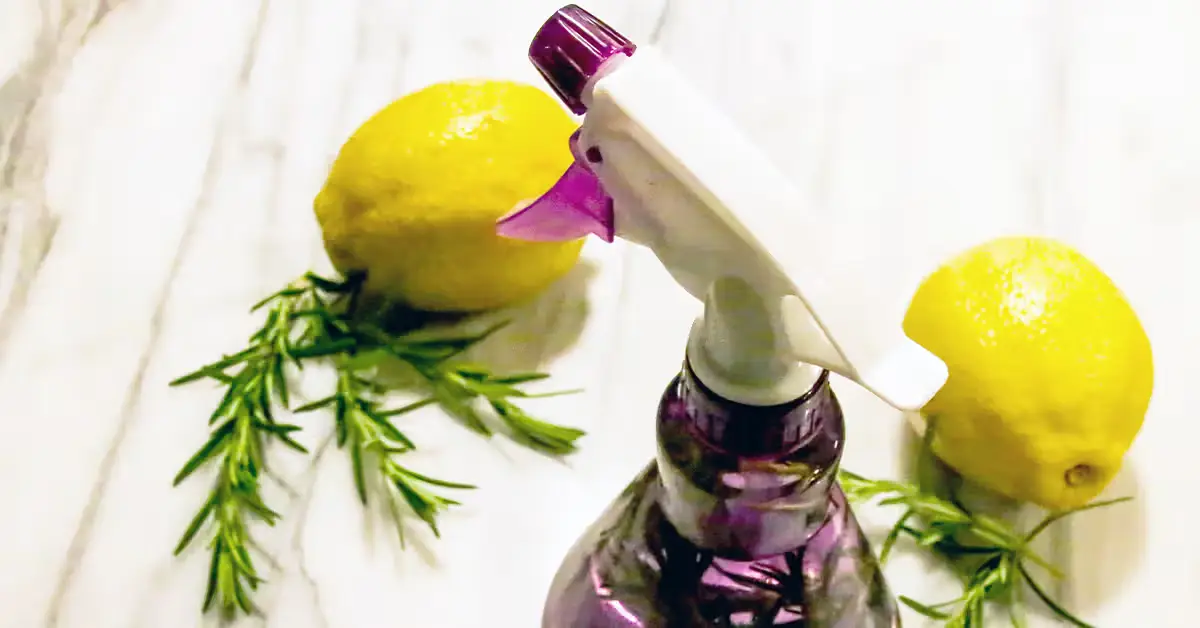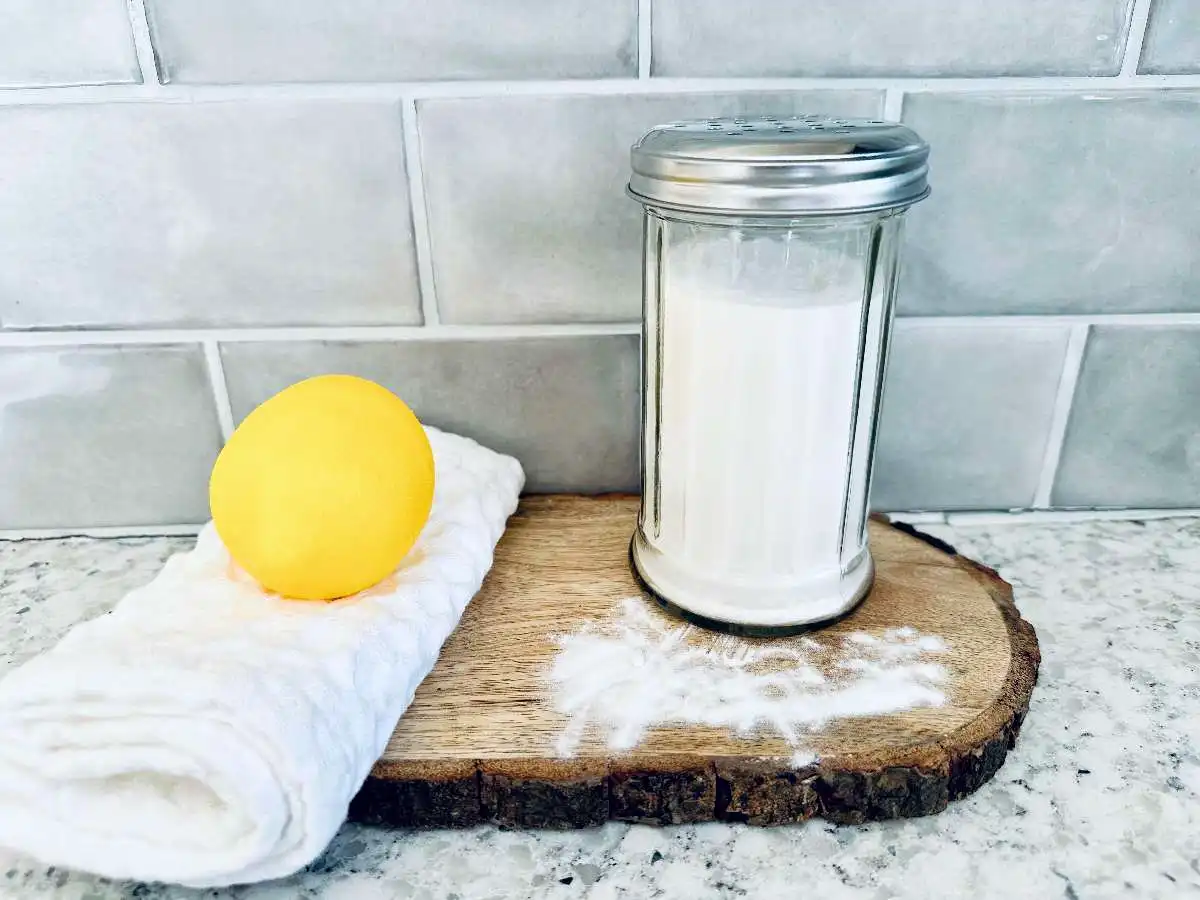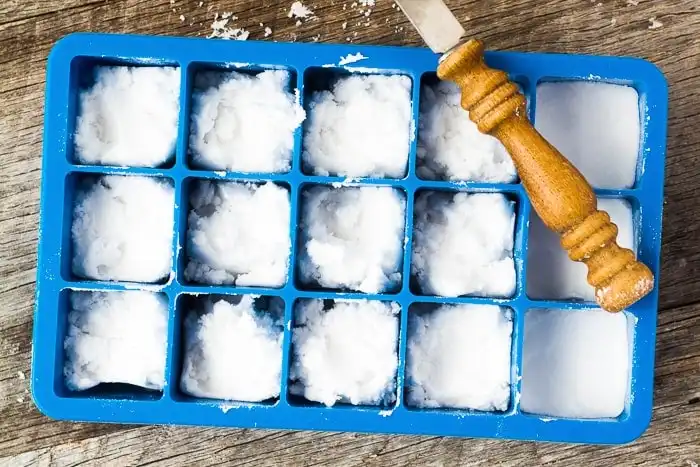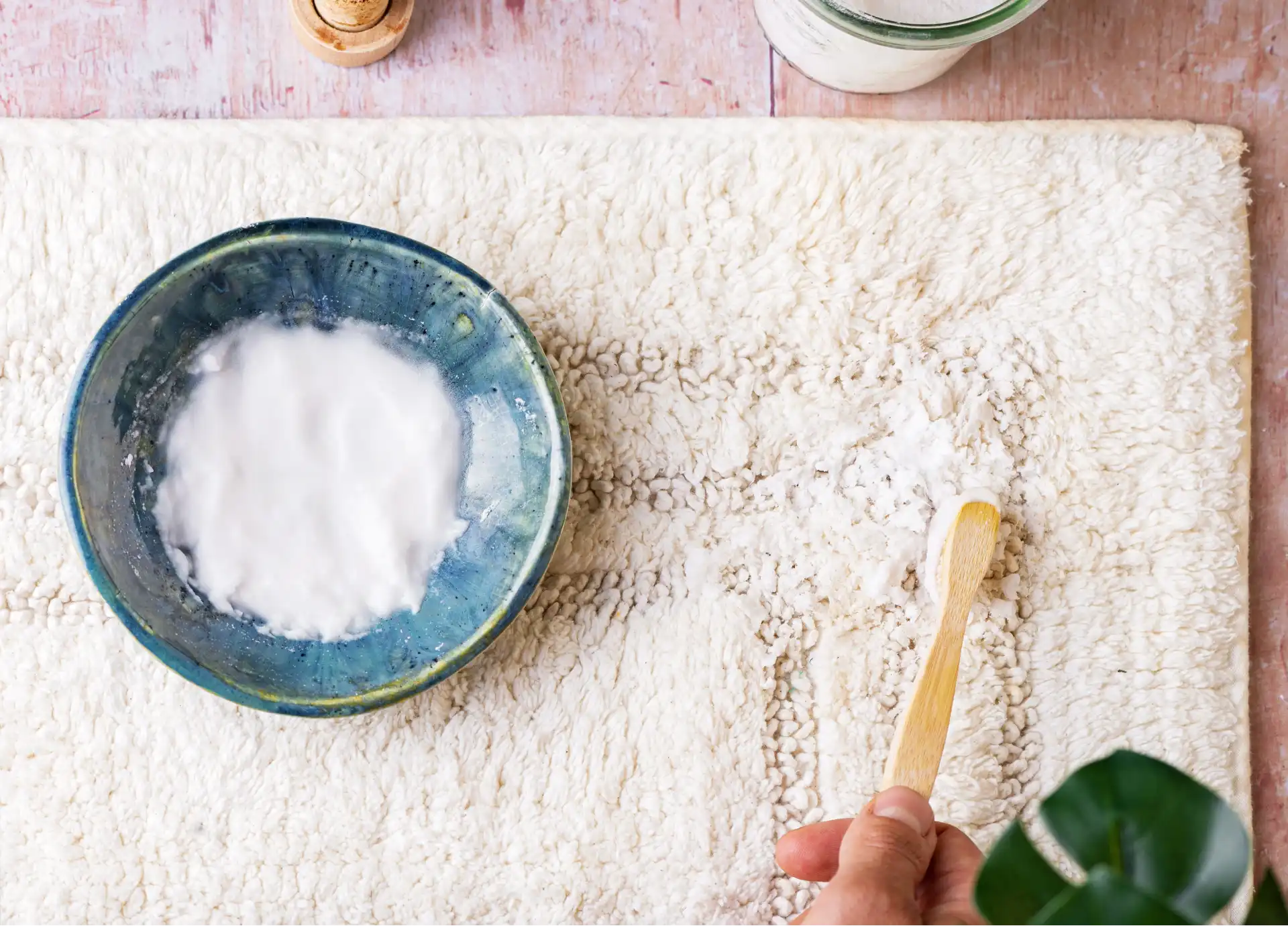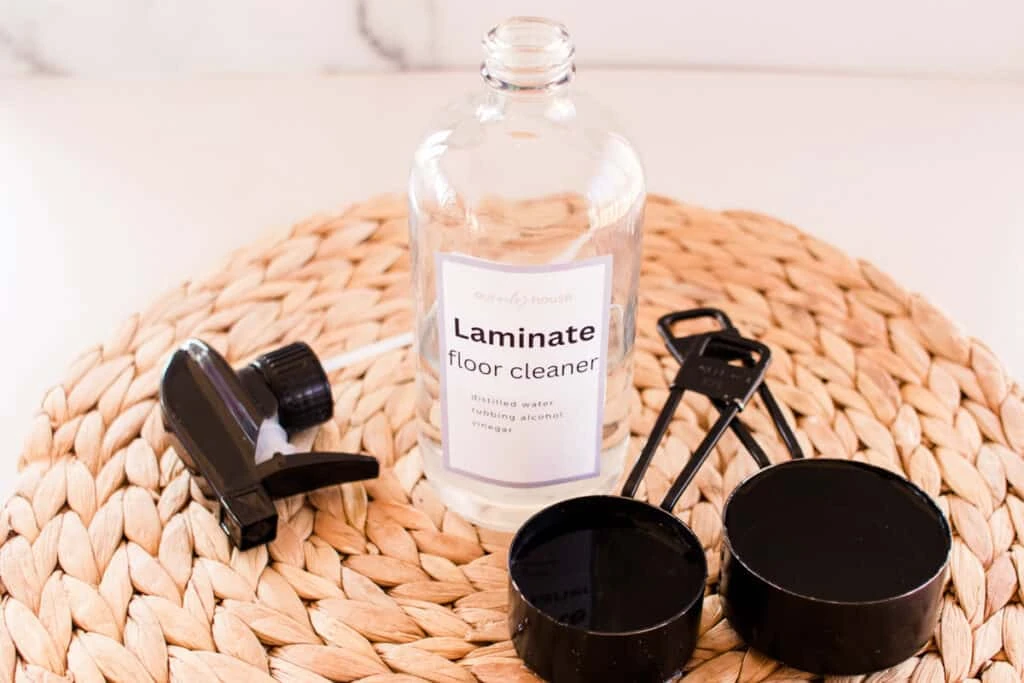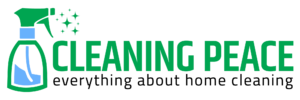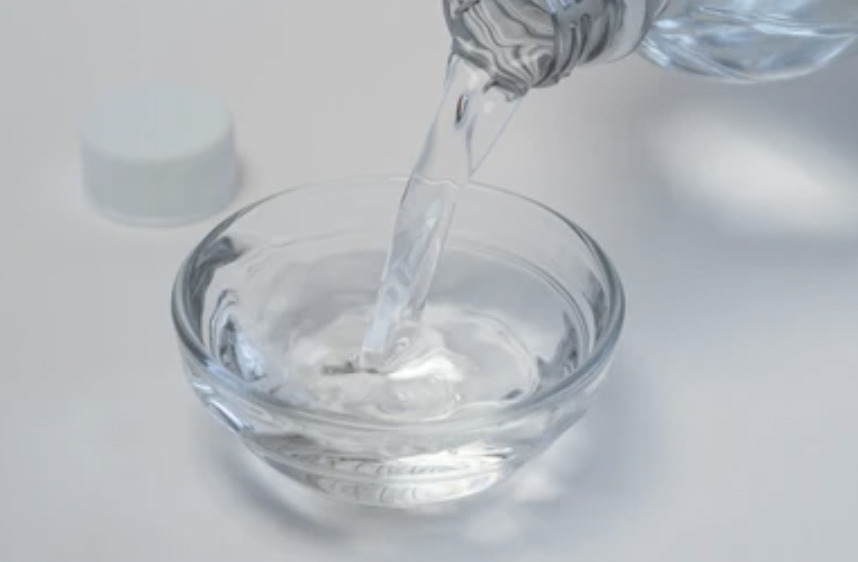
A lot of people are looking for natural solutions, and vinegar has become the first choice for many cleaning tasks around the home.
So, which vinegar is best for cleaning? And my vote goes for that of distilled vinegar as the best solution to clean up just about any mess around the house. Super-acidic, it really yields mold, bacteria, and germs to the curb, giving you a natural way to clean up your surfaces.
Distilled vinegar is also very easy to find and completely safe to store at home; therefore, it’s also a really great swap for those chemical-heavy cleaners.
In this article, we’re gonna check out the different types of vinegar that are awesome for cleaning and point out why white vinegar is such a champ for keeping your place all shiny and clean.
What Is the Best Vinegar for Cleaning?
So, when you consider cleaning, not all vinegars are created equal, you know? You’ve got a few main types: white vinegar, apple cider vinegar, balsamic vinegar, and wine vinegar.
All these have something slightly different from each other, and some are great for cooking, but one sort of really stands out for cleaning purposes.
1. White vinegar
You know, white vinegar is the classic staple for cleaning, and there is a good reason for that. It is grain alcohol-based and typically quite strong with acetic acid, about 5-8% in general.
This stuff really cuts grease, gets rid of stains, and disinfects surfaces. And the best part about white vinegar is that it does not have a color to it, so there won’t be any stain or residue, hence ideal for cleaning tough spots like windows, countertops, and floors.
White vinegar is a favorite for most because it just does so good at cleaning. You can use it for all sorts of things. It’s a good room freshener and can make glass immensely shiny. And you get it pretty cheaply at the grocery store, so it’s great if you want a natural cleaner that really works.
Why White Vinegar Is the Best Vinegar for Cleaning
White vinegar is widely considered the best vinegar for cleaning because of its high acetic acid content, which makes it powerful against grease, grime, and bacteria. Unlike other types of vinegar, it’s completely clear and colorless, so it won’t leave any stains or marks behind. It’s also non-toxic, eco-friendly, and safe to use around children and pets. Whether you’re cleaning glass, countertops, bathrooms, or even laundry, white vinegar works on a wide range of surfaces. Affordable and easy to find, it’s a must-have in any natural cleaning routine.
2. Apple cider vinegar
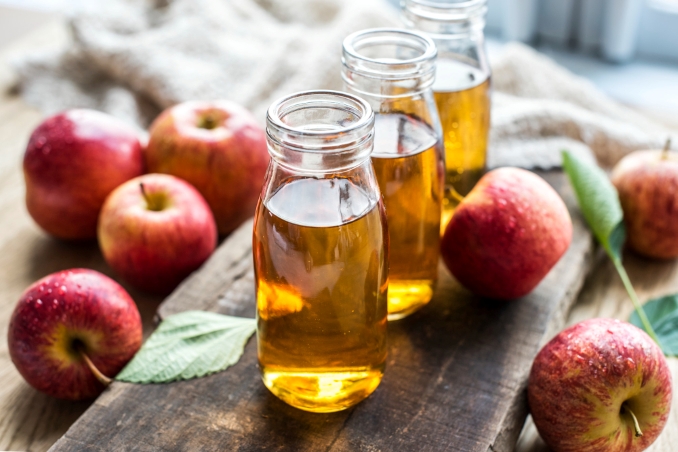
Another one that you probably have at home is apple cider vinegar, although people hardly use it for cleaning purposes compared to white vinegar. Apple cider vinegar starts from fermented apple juice and is a little less acidic compared to white vinegar, usually about 5%. Although you can still apply it to cleaning purposes, it is very much weaker and has a brownish color that stains surfaces, especially fabrics.
Apple cider vinegar is actually a better choice if you want to deodorize or clean surfaces without that pungent smell.
Many prefer it for cleaning as it has an attractive fruity smell, much more pleasant than that stinging smell of white vinegar. However, if you’re dealing with those tough cleaning challenges, then you’ll opt for white vinegar.
3. Balsamic vinegar
You know, balsamic vinegar isn’t really used for cleaning at all. They’re so much pricier, and they only use it in cooking ’cause they’re sweet and very rich.
Balsamic vinegar is quite dark, so it can really stain fabrics or light surfaces if not worked with properly. Though it’s full of acetic acid like all vinegars, its high sugar content makes it not very good at cleaning.
4. Red and White Wine Vinegars
You can use red and white wine vinegars to clean, but these are not the preferred agents. They generally would be more expensive than white vinegar and add a tint that could result in some staining.
Especially red wine vinegar. Yeah, they’ve got acetic acid in them, which is great for cutting through grease and gunk, but honestly, their fancy kitchen uses mean they’re not the best pick for cleaning. Just like balsamic vinegar, it’s better to keep them for cooking instead of scrubbing.
White vinegar is totally the champ. It is cheap, has a goodly acetic acid level, and it’s clear, which makes it super effective compared to all the other vinegars out there to clean. Sure, you could do it with apple cider vinegar if you have to, but honestly, for most cleaning jobs, white vinegar is where it’s at.
What types of acid are there in vinegar?
To understand why vinegar is so good at cleaning, we need to look into its composition, particularly what sort of acid it contains.
So vinegar is a wonderful cleaner because, for the most part, it contains acetic acid-which, unlike most acids, is pretty mild- it can totally tackle dirt, zap bacteria, and get rid of mineral build-up.
Acetic Acid
So acetic acid, also called ethanoic acid, is the magic behind all vinegars. It’s the stuff that gives the kick of a pungent flavor and aroma.
In cleaning vinegar, such as white vinegar, acetic acid usually makes up 5-8% of the mixture. The balance is primarily water, which makes it less acidic and safe to apply on various surfaces.
Acetic acid breaks the molecular structure of gunk, grease, and all that other organic stuff. It makes it easy to scrape away the dirt, removes soap scum, and helps deal with the stains caused by hard water.
How Acetic Acid Cleans?
Acetic acid is great for cleaning because it can handle both acidic and alkaline stains. Like, it can get rid of alkaline stuff like limescale, which is that mineral gunk from hard water, and it can also break down those pesky fatty, greasy stains.
So, vinegar really cleans bathrooms, kitchens, and all those places that seem to be collecting dirt.
So, acetic acid is strong enough to take on a large amount of dirt but gentle enough for all sorts of surfaces, including glass, tiles, and metal.
Vinegar, primarily white vinegar, is so cool to clean with because of its acetic acid. It’s like a natural, non-toxic substitute for those nasty chemical cleaners.
Benefits of Cleaning with White Vinegar
Therefore, so far we know which one to use, white vinegar for cleaning purposes, as well as where its strength actually comes from- acetic acid.
Well, let’s talk about why cleaning with vinegar is wonderful in the next paragraph.
There are many reasons why people opt for vinegar, ranging from environmental consciousness to cost-effectiveness.
1. Greener and Safer
One of the coolest things about using white vinegar for cleaning is that it’s totally natural and not toxic at all. Unlike a bunch of those store-bought cleaners that have nasty chemicals in them, vinegar breaks down easily and is safe for the planet.
It doesn’t have any hazardous fumes and leaves no toxic material behind, so it is safe for homes with kids, pets, or people sensitive to chemicals.
Using vinegar to clean reduces plastic bottles and containers ending up in landfills. While most industrial cleaners are sold in plastic bottles, vinegar is available in many bulk quantities, kept in reusable containers.
2. Works well on Grease and Grime
Vinegar, particularly white vinegar, is a total game-changer when it comes to cleaning greasy stuff. The acetic acid in it just slices right through grease, making it perfect for wiping down kitchen countertops, stovetops, and range hoods.
White vinegar can tackle soap scum and hard water stains in the bathroom, leaving everything shiny and clean without having to scrub like crazy.
You know how vinegar breaks down mineral buildup? Super handy in places with hard water. One can use this for cleaning kettles, coffee makers, and even showerheads, which helps them last way longer.
3. Deodorizing Properties
One of the benefits of vinegar is its ability to neutralize odors. The white vinegar does away with the molecules causing the bad smell, rather than trying to conceal them with fragrance.
It’s great at freshening up garbage disposals, refrigerators, and even shoes. Plus, it dissolves the stale smell you find in rooms, such as basements, or areas that tend to become damp.
4. Affordable and Accessible
One of the major advantages that white vinegar offers in the cleaning process is affordability. White vinegar is one of the cheapest cleaning agents available, and its cost is assuredly much lower compared with any commercial agent.
Because it is very versatile, one bottle of vinegar can replace many specialized cleaners, which further saves costs.
It can be found anywhere in grocery stores, so it would not be hard to obtain for specialty shops. Considering this, it is really convenient and practical for someone who wants to switch to a more natural cleaning routine without spending a lot of money.
5. Germicide Products
So, vinegar isn’t as potent as those chemical disinfectants, but acetic acid in it is giving it mild antibacterial kick.
The result, as you may expect, is solid cleaning of surfaces that you gotta disinfect often: kitchen counters, cutting boards, and sinks. You won’t get rid of all those unwanted germs, but for sure, you will cut down the bacteria activity and hence stay clean and safe.
If you want to strengthen the disinfecting power of your vinegar, you can add hydrogen peroxide or some essential oils. And don’t mix vinegar with bleach, as it will produce toxic chlorine gas.
6. Non-Corrosive
Vinegar has this very mild acidity that makes it a nonaggressive cleaner, so it won’t scratch or mess up surfaces like some of these cleaners bought at the store can.
It’s really handy for delicate surfaces such as glass, stainless steel, and laminate. White vinegar makes your glassware shine, clean mirrors, and removes smudges on stainless steel appliances, making them streak-free and shiny.
How to Choose the Best Vinegar for Cleaning Your Home
Dear readers, if you’re looking for the best available vinegar to clean with, then white vinegar is a hands-down winner. It’s full of acetic acid, it’s dirt cheap, and it’s crystal clear, so super effective at all kinds of cleaning jobs.
So, for example, all these other types of vinegar, like apple cider vinegar, totally work for cleaning, but they’re probably not for heavy-duty and stains.
Cleaning with vinegar, more so with the white one, has a ton of benefits. It’s environment-friendly, nontoxic, and cuts through grease- actually freshens up odors, kills germs- so yeah, white vinegar is pretty awesome as a natural cleaner!
It is inexpensive, widely available, and may replace many commercial cleaners; hence, it’s a great choice for anyone looking to make the shift to a more natural, less costly cleaning routine.
1. What is the best vinegar for cleaning?
The best vinegar for cleaning is white distilled vinegar. It has a high acetic acid content (5–8%), is clear and colorless, and is highly effective at cutting through grease, grime, and bacteria on various surfaces.
2. Which vinegar is best for cleaning kitchen and bathroom surfaces?
If you’re wondering what vinegar is best for cleaning, especially in kitchens and bathrooms, the answer is white vinegar. It’s non-toxic, affordable, and leaves no residue or stains. That makes it perfect for surfaces like countertops, sinks, and mirrors.
3. Can I use apple cider vinegar instead of white vinegar for cleaning?
Yes, but it’s less ideal. Apple cider vinegar is milder and has a brownish tint that can stain some surfaces. White vinegar is stronger, more versatile, and doesn’t leave any color behind.
4. Why is white vinegar better than other types of vinegar for cleaning?
White vinegar has a higher acetic acid level, no added sugars or colors, and costs less than wine or balsamic vinegar. It’s effective on stains, mineral deposits, and grease.
5. Is vinegar a natural disinfectant for home cleaning?
Yes, vinegar, especially white distilled vinegar, has mild antibacterial properties due to its acetic acid. While it’s not as powerful as bleach, it’s a safer and more eco-friendly choice for everyday cleaning.
6. What types of surfaces can I clean with white vinegar?
You can safely use white vinegar on glass, tiles, stainless steel, plastic, and some laminates. Avoid natural stone like marble or granite, as vinegar may damage it.
7. How does acetic acid in vinegar help in cleaning?
Acetic acid breaks down soap scum, hard water deposits, grease, and bacteria, making vinegar a powerful yet safe cleaning solution for your home.
